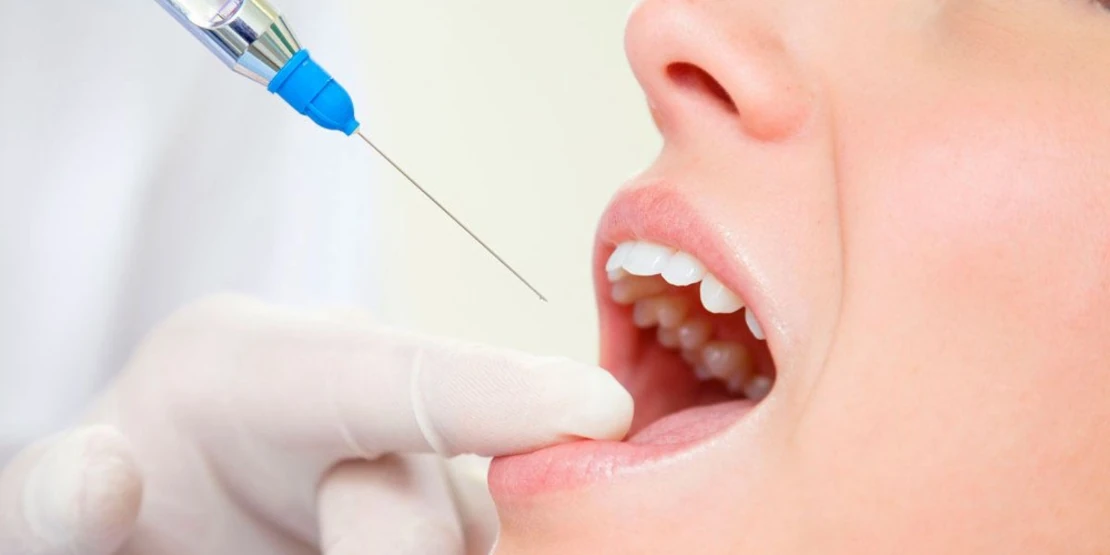
Every expectant mother is concerned about the health of her child. And, naturally, when it becomes necessary to have teeth treated, the first thing one asks is: Will it hurt my baby?
In fact, it is worth remembering that pregnancy is not a disease, and that a woman during this period should lead a normal lifestyle. But still in pregnancy, you should be especially attentive to hygiene and prevention of any disease, because any inflammatory process negatively affects the pregnancy and can cause complications. Dental treatment is not an exception.

It is best not to start dental problems to the point where the pain can no longer be tolerated. Regular visits to the dentist to check for possible complications will help to avoid complications and neglected diseases. After all, the more neglected the case, the more drastic measures will need to be taken.
Very often we are accustomed to going to the dentist when it is no longer possible to solve the problem without anesthetic. Therefore, the earlier you seek qualified help, the easier the treatment will be.

But there are still cases when you can't do without painkillers. What to do in such a case? There's only one option — to use anesthesia.
- —Most importantly, you must tell the dentist about your situation.
- —Anesthesia can be done starting at 14 to 16 weeks of pregnancy, when the fetus has formed the blood-brain barrier. Research has proven that the stress that a person receives during dental manipulation can far exceed any negative reaction from modern anesthetics. And with today's innovative methods of anesthesia, you do not have to worry about the health of your child.
- —In your case, the dentist uses special, pregnancy-safe medications and a minimal dose of them.

Pregnancy, is a special joyful period of waiting for a miracle. Therefore, it is best to have your teeth treated before planning your pregnancy and to have regular dental checkup.
